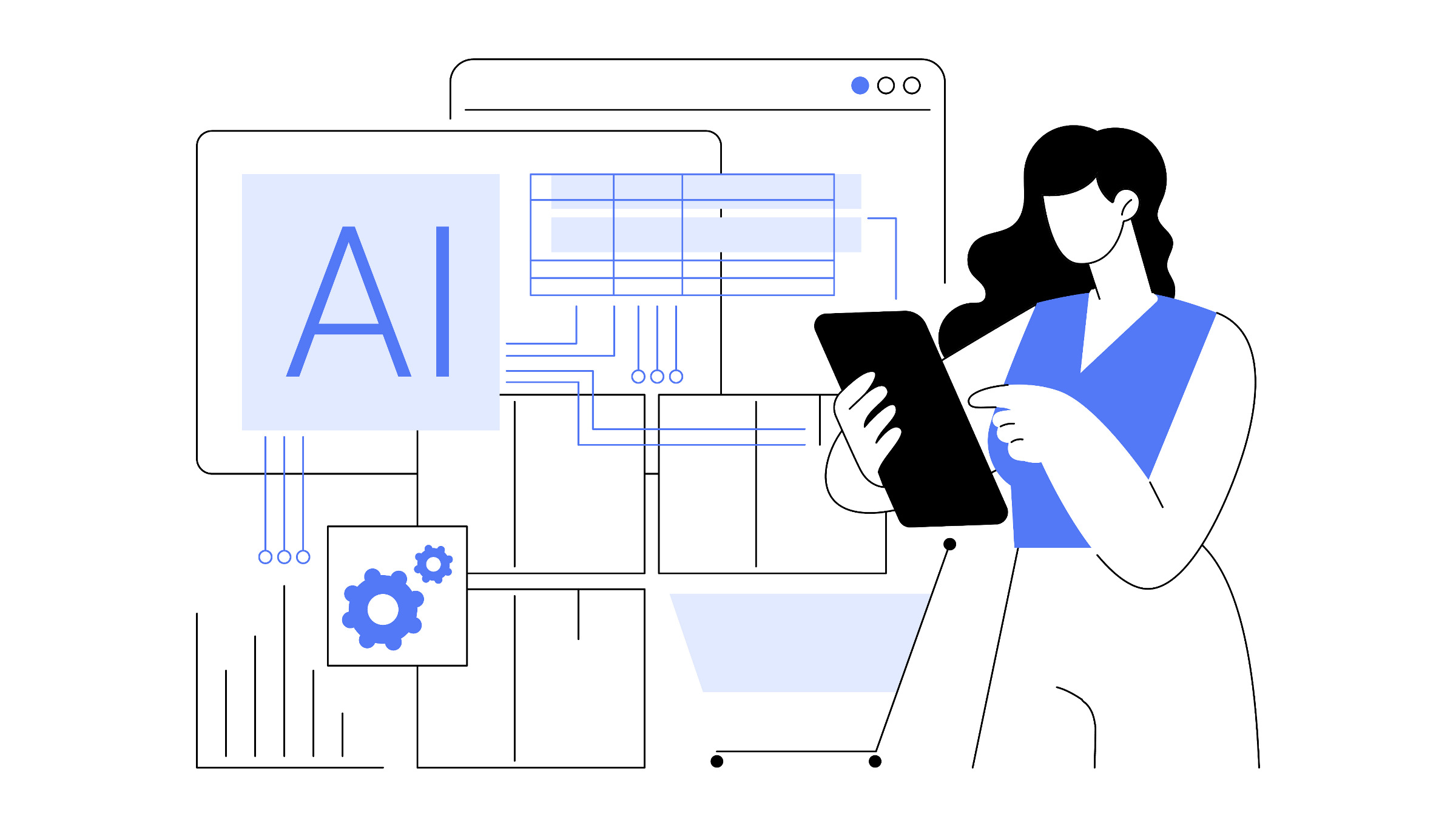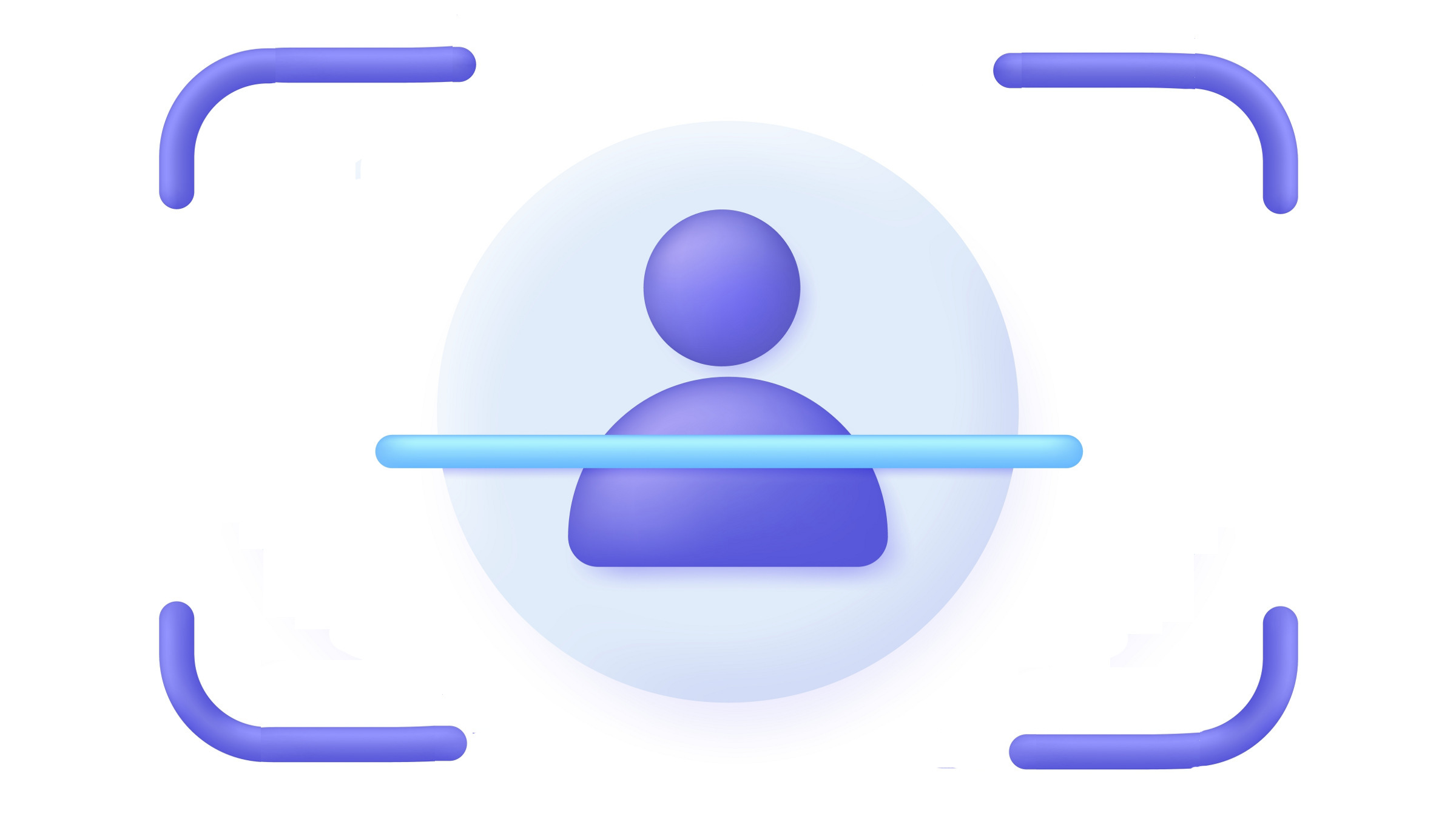
Innovative new approaches to learning are enabling people to gain skills that are vital in today’s workplace, and I am proud to consider myself one of those people. Without much of a background in computing, I ended up taking a distance learning path, which allowed me to work with data and information that could be used for actionable intelligence.
I came from a school that had no computers nor were there any staff to advise me on a future career. It was only after working in offices that I was introduced to computing and the value of data. I quickly became hungry to learn more and the opportunity to study part-time via distanced learning at the Open University led me to a diploma in Systems Practice, which provided fascinating insight into systems thinking. Gaining practical experience at work while continuing with part-time study to complete my degree in IT and Systems Complexity was hugely beneficial to my overall appreciation and understanding of how best to put my newfound skills to use.
Next, I landed a job as a database administrator (DBA) where I became proficient at managing database systems by studying for many Microsoft data platform certifications. Much of this was possible through online self-study courses. The Microsoft database community provided an excellent opportunity to network with other professionals, to share knowledge, and to learn. I discovered many of us faced the same issues and problems. My passion for research, systems thinking, and the database industry drove me to try and discover why so many people shared these same problems.
I was fortunate that the Open University and my employer supported my pursuit of a part-time research Ph.D. Looking back, this was no small feat—not only was I working full time, but I was also a part-time researcher, and I was continuing to help others in the database community. The management of database systems is complex and each of the existing methodologies only cover a part of the problem at hand.
My doctoral thesis, “A Study into Best Practices and Procedures used in the Management of Database Systems,” is a sociotechnical in-depth study on the complexities involved in the management of database systems. After completing my Ph.D., I was honored to receive the AOUG Will Swann Award for Innovation and Knowledge Development (2016) and a few years later the Microsoft Most Valuable Professional Award (2018–2021) for technology experts who passionately share their knowledge with the community for three years in a row. Along my journey, I have become a Fellow of the British Computer Society and was listed in the Top 100 Most Inspirational Women in the West during 2019.
I love putting my own experiences to use to help improve the relationship between academia and industry to solve real-world problems and business use cases. Data is transformative and required for businesses to grow and innovate. Organizations must continually invest and work to upgrade and manage all their data assets. Building data use cases is a first step in the road to accessing the power of data in a complex world. Incorporating data governance and striving for good data quality is crucial for almost any successful business plan.
In conclusion, I would like to encourage young scientists to investigate different options available for learning. Believe in yourself, your ambition, and try not to be discouraged. It’s never too late to study in a way that suits you. Due to mandatory training courses requiring regulatory compliance knowledge, e-learning and distance learning are rising in prominence. I’ve found more companies are encouraging employees to upgrade their skills through courses provided by Coursera, Udemy, edX, Google Cloud tutorials, IBM Online Academy, Microsoft Azure e-learning tutorials and more.
Due to COVID-19 and the need to stay at home, I believe many people have become more receptive to the importance and ease of upgrading skills to stay relevant during this fast-paced digital revolution. My career to date has taught me to aim to be extraordinary. It is never too late to shine and there are many ways to learn! No one’s path is the same.




Join the Discussion (0)
Become a Member or Sign In to Post a Comment